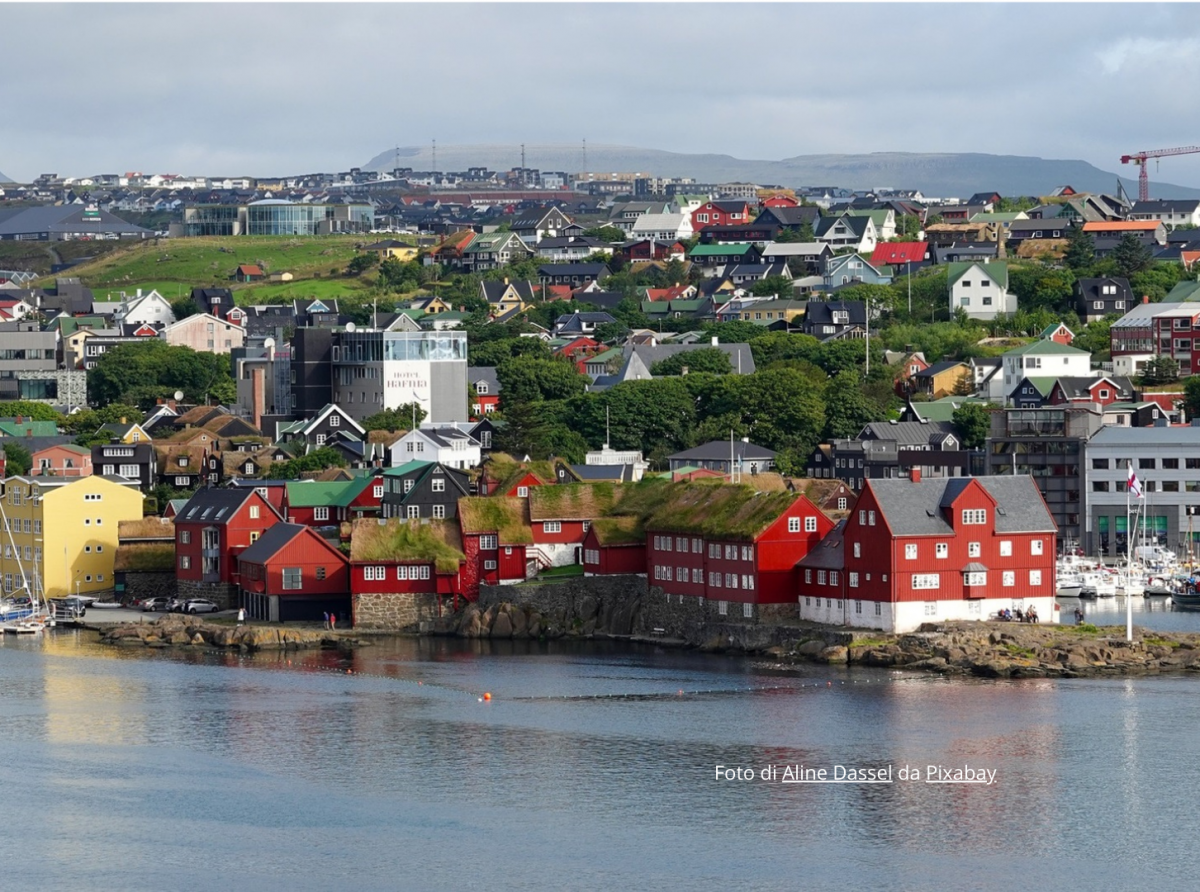José María Lorenzo Villaverde
The wording of the Danish constitution (Grundlov) suggests that Denmark is a unitary state. However, both Greenland and the Faroe Islands have autonomy based on their home rule arrangements since 1948 and 1979, respectively. The constitutional entrenchment of these arrangements has been questioned by a significant sector of Danish scholarship.
This article contends that they are not in contradiction with the Grundlov. The latter remains silent about the home rule model, which has developed in parallel to the constitution but not in conflict with it. It is argued that these arrangements are part of a constitutional framework or "constitutional block" in the Kingdom of Denmark, ruling out the possibility of unilateral repeal by the Danish parliament. Additionally, any inquiry into their constitutionality must first consider how constitutional review is conducted. The article delves into the question of what the interpretative authority of the Danish constitution is, given the Grundlov's silence on mechanisms for its interpretation.
In any case, the home rule model presents weak internal organization in its development and legal uncertainty, which may also manifest in cases of internal conflicts of laws. This contribution aims to stimulate reflection on the decentralized Danish Rigsfællesskab, which may also offer insights applicable to other decentralized constitutional frameworks worldwide.





